Will Trump’s attacks on media lead to violence against journalists?
UN Human Rights Council says US president’s ‘vitriolic’ rhetoric is ‘designed to undermine confidence in reporting’
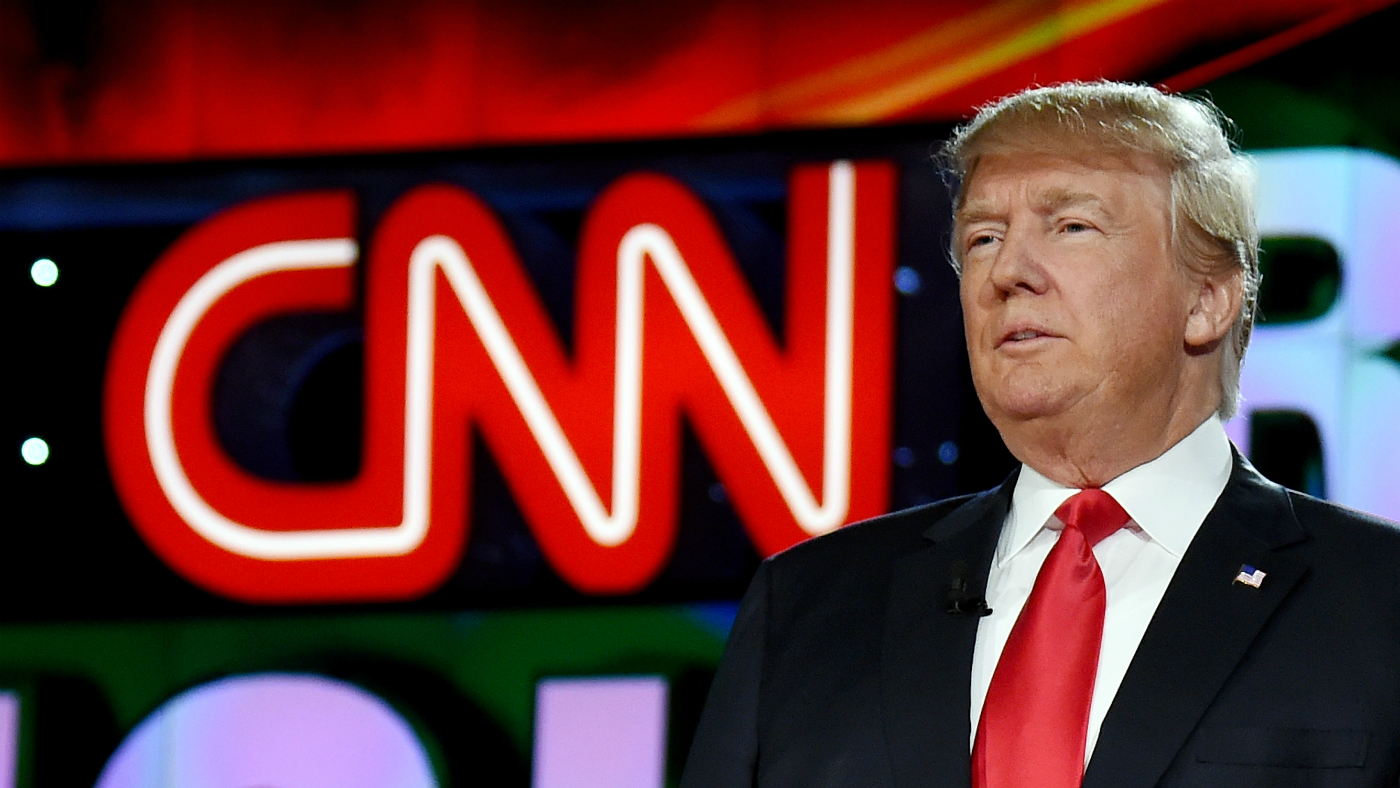
A free daily email with the biggest news stories of the day – and the best features from TheWeek.com
You are now subscribed
Your newsletter sign-up was successful
Most commentators agree that the office of US president has entered uncharted territory since Donald Trump took power, not least in terms of political rhetoric.
In contrast to the stately eloquence of previous US leaders such as Franklin D. Roosevelt and John F. Kennedy, the reigning president is arguably the first to have spawned his own catchphrase. “Fake News” has become a staple of Trump’s administration, characterising the populist sentiment that carried him into office.
The phrase is also part of a wider trend of controversial attacks on the press. Earlier this month, experts at the United Nations warned that the president’s “vitriolic” rhetoric “could result in violence against journalists”.
The Week
Escape your echo chamber. Get the facts behind the news, plus analysis from multiple perspectives.

Sign up for The Week's Free Newsletters
From our morning news briefing to a weekly Good News Newsletter, get the best of The Week delivered directly to your inbox.
From our morning news briefing to a weekly Good News Newsletter, get the best of The Week delivered directly to your inbox.
In a joint statement, David Kaye of the UN Human Rights Council and Edison Lanza of the Inter-American Commission on Human Rights said that Trump’s attacks “run counter to the country’s obligations to respect press freedom and international human rights law”, and are “designed to undermine confidence in reporting and raise doubts about verifiable facts”.
“Each time the president calls the media ‘the enemy of the people’, or fails to allow questions from reporters from disfavoured outlets, he suggests nefarious motivations or animus. But he has failed to show even once that specific reporting has been driven by any untoward motivations,” they said.
The report was published days after CNN chief White House correspondent Jim Acosta was “loudly heckled by supporters” of Trump at a presidential rally in Tampa Bay. The crowd shouted “CNN sucks”, “traitor” and “you're a liar”.
This is by no means the first time that Trump has been accused of inciting violence against journalists. In one widely reported incident, in mid-2017, the president tweeted a doctored video showing him “assaulting” a man with a CNN logo superimposed on his head - prompting universal condemnation.
A free daily email with the biggest news stories of the day – and the best features from TheWeek.com
CNN’s Dean Obeidallah said that public anger was effectively deflected by “Trump defenders saying this video was just a joke”.
But the Kenan Institute for Ethics, a think tank associated with North Carolina-based Duke University, claims Trump has committed more grave offences in a bid to incite violence against journalists that are not so easily swept under the rug.
“In addition to waging verbal warfare against the press, Trump has supported individuals perpetrating physical violence against the Fourth Estate, effectively endorsing encroachment on journalists’ human rights,” the institute says. “After now-US representative Greg Gianforte received a misdemeanour assault citation for body slamming The Guardian’s Ben Jacobs during his congressional campaign, Trump praised Gianforte’s election as a ‘great win’.
“Similarly, despite proclaiming at a 2015 rally that ‘I would never kill [journalists], but I do hate them,’ Trump laughed when Phillippine president Rodrigo Duterte - a man who has previously vowed to assassinate wayward reporters - referred to the press as ‘spies’.”
The Guardian reports that Zeid Ra’ad al-Hussein, a Jordanian prince and diplomat, is stepping down this month as UN high commissioner for human rights in the face of a waning commitment among world powers to fighting such abuses by governing administrations.
In an interview with the newspaper, Hussein noted Trump���s repeated designation of the press as “the enemy of the people”, and claimed that the president’s approach “harked back to a period not too long ago in the 20th century when feelings were stoked, directed at a vulnerable group for the sake of political gain”.
“We began to see a campaign against the media that could have potentially, and still can, set in motion a chain of events which could quite easily lead to harm being inflicted on journalists just going about their work, and potentially some self-censorship,” Hussein said. “And in that context, it’s getting very close to incitement to violence.”
-
 What to know before filing your own taxes for the first time
What to know before filing your own taxes for the first timethe explainer Tackle this financial milestone with confidence
-
 The biggest box office flops of the 21st century
The biggest box office flops of the 21st centuryin depth Unnecessary remakes and turgid, expensive CGI-fests highlight this list of these most notorious box-office losers
-
 What are the best investments for beginners?
What are the best investments for beginners?The Explainer Stocks and ETFs and bonds, oh my
-
 Jeff Bezos: cutting the legs off The Washington Post
Jeff Bezos: cutting the legs off The Washington PostIn the Spotlight A stalwart of American journalism is a shadow of itself after swingeing cuts by its billionaire owner
-
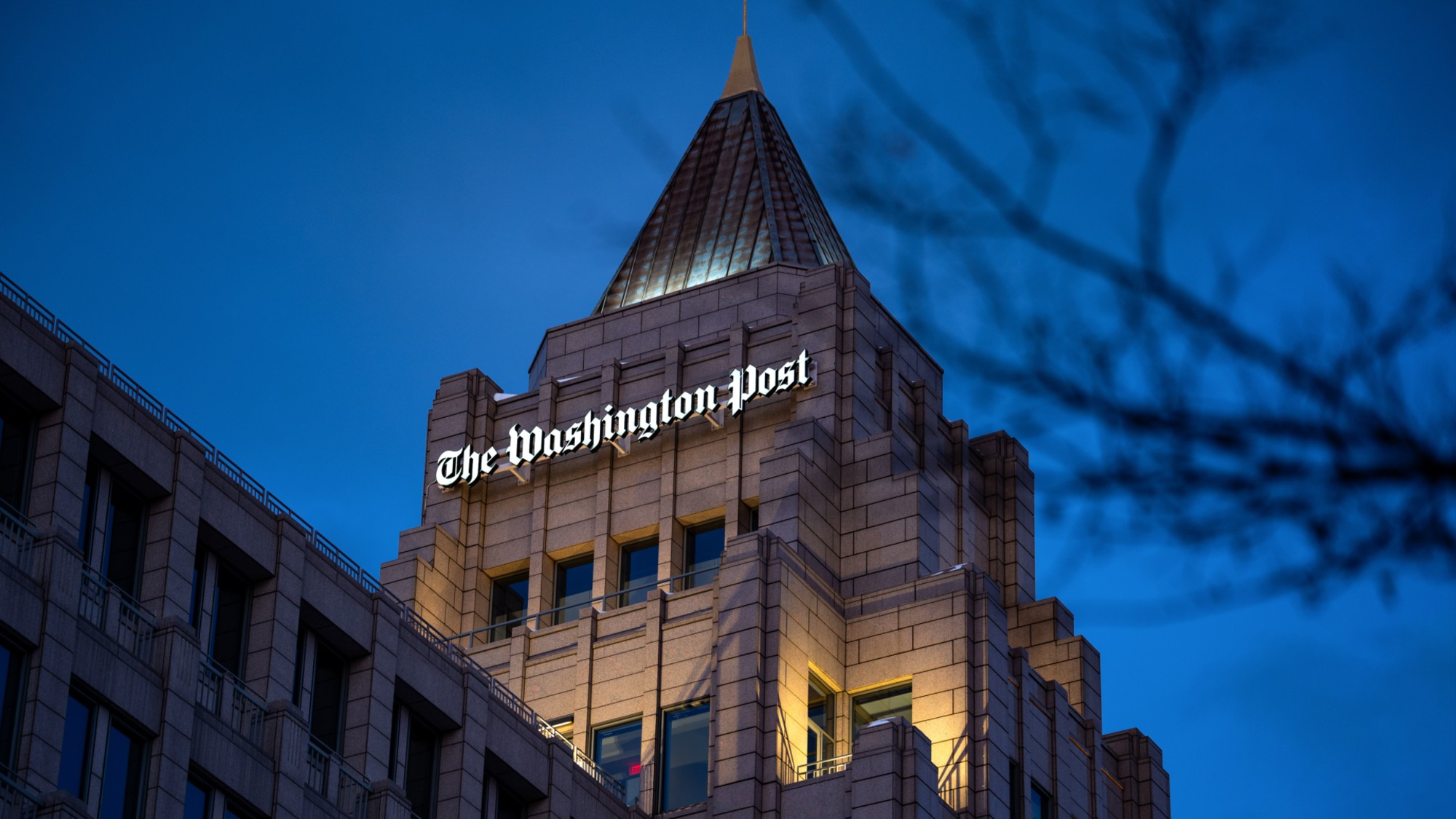 The Washington Post is reshaping its newsroom by laying off hundreds
The Washington Post is reshaping its newsroom by laying off hundredsIn the Spotlight More than 300 journalists were reportedly let go
-
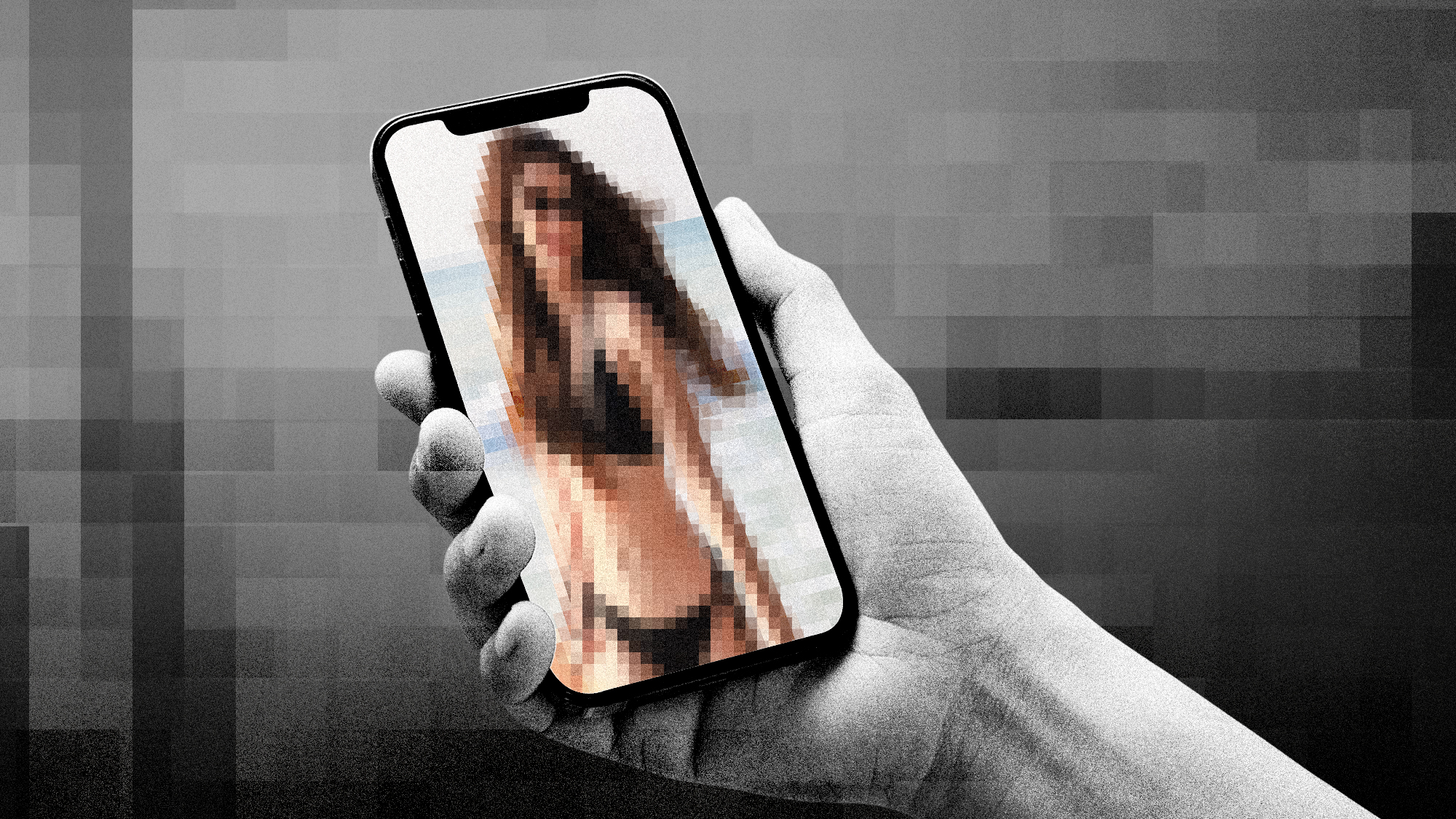 Why X could face UK ban over Grok deepfake nudes
Why X could face UK ban over Grok deepfake nudesThe Explainer Ofcom is investigating whether Elon Musk’s AI chatbot breached Online Safety Act
-
 Paramount fights Netflix for Warner as Trump hovers
Paramount fights Netflix for Warner as Trump hoversSpeed Read Paramount Skydance is seeking to undo Netflix’s purchase of Warner Bros. Discovery
-
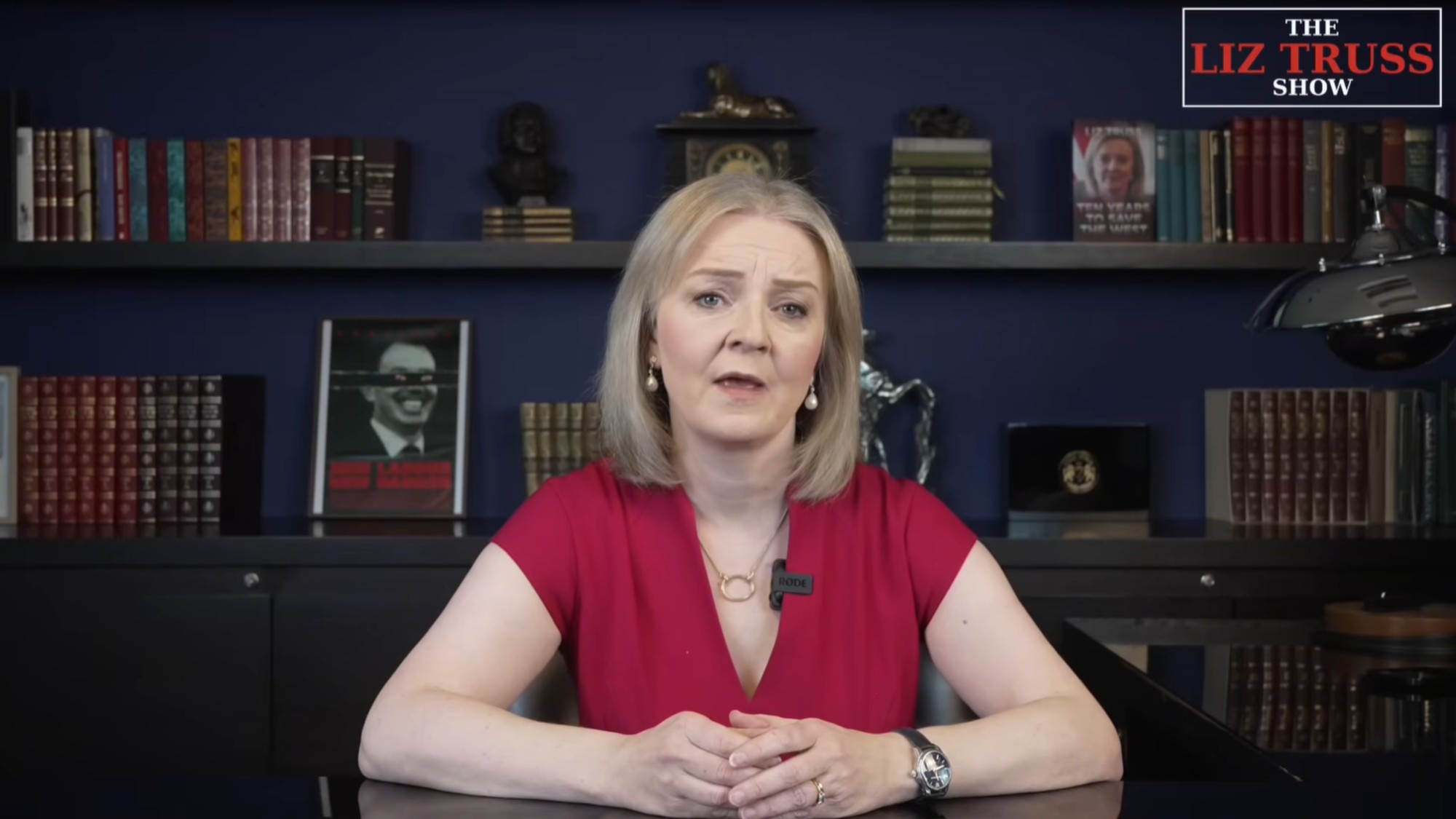 Who is The Liz Truss Show for?
Who is The Liz Truss Show for?Talking Point Former PM’s new weekly programme is like watching her ‘commit a drive-by on herself’
-
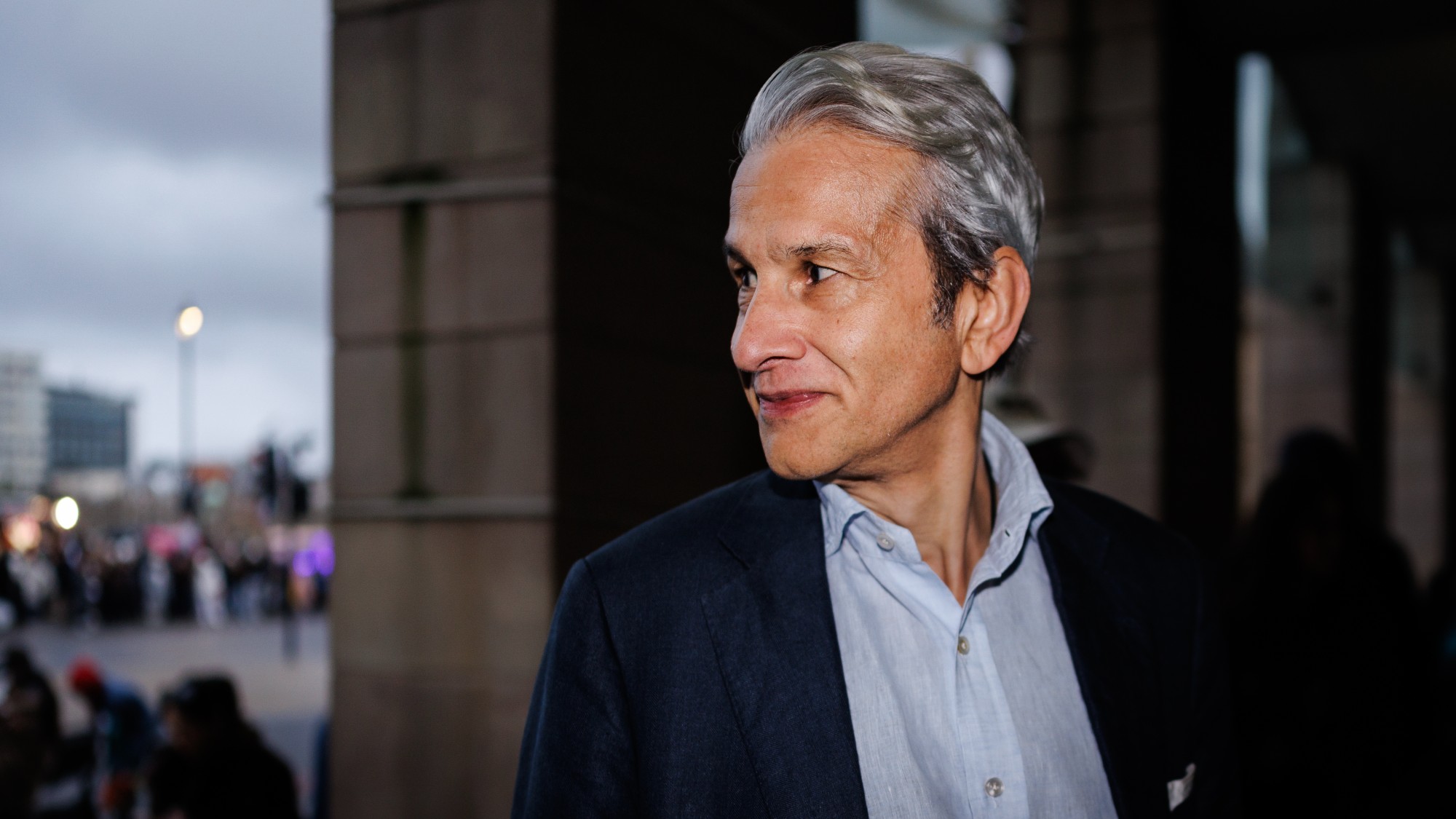 Can the BBC weather the impartiality storm?
Can the BBC weather the impartiality storm?Today's Big Question MPs’ questions failed to land any ‘killer blows’ to quell the ‘seismic outrage’ faced by the BBC
-
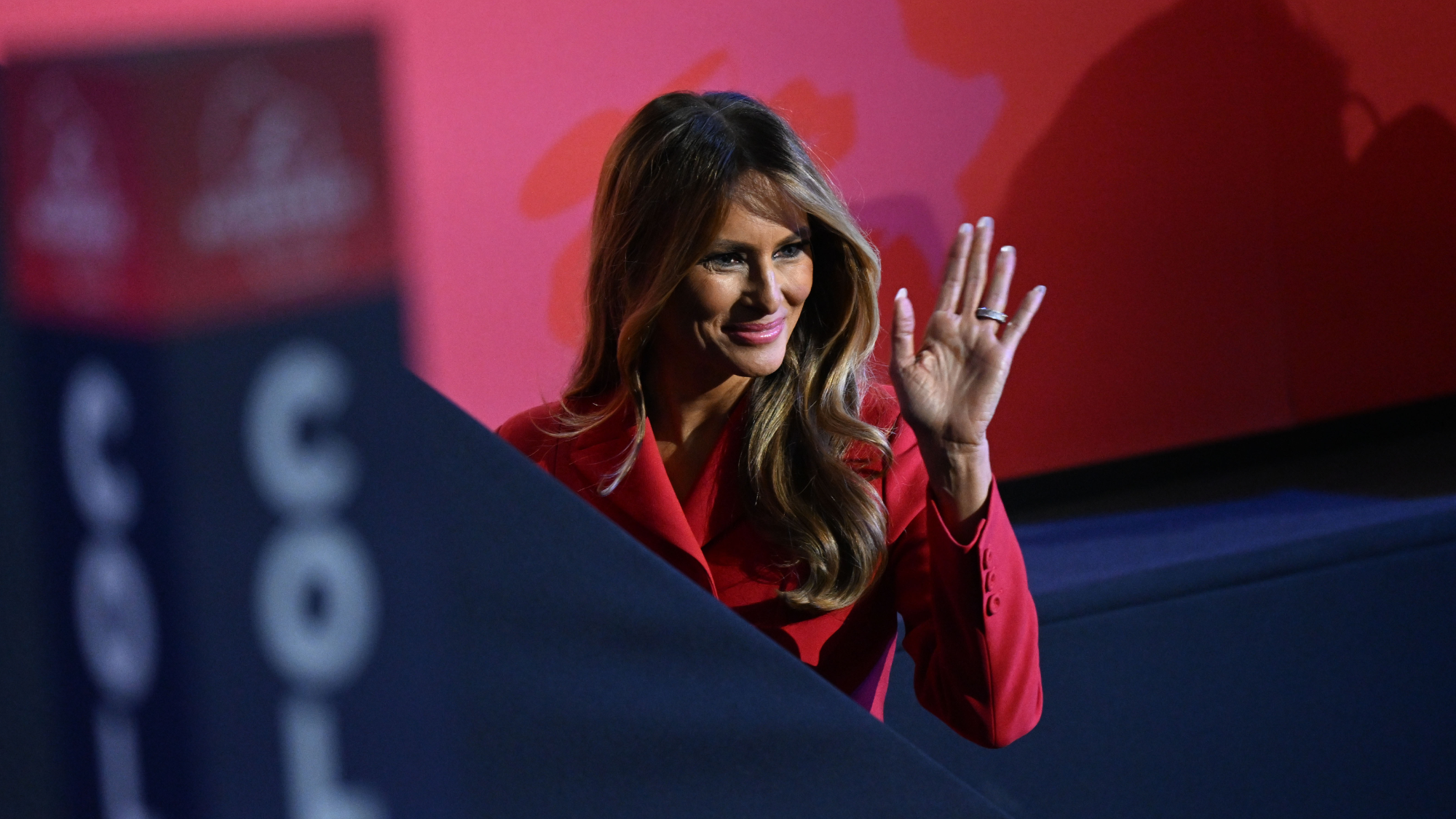 Why the Maga vibe shift spelled trouble for Teen Vogue
Why the Maga vibe shift spelled trouble for Teen VogueTalking Point As anti-feminist women’s magazines thrive, progressive titles are left out in the cold
-
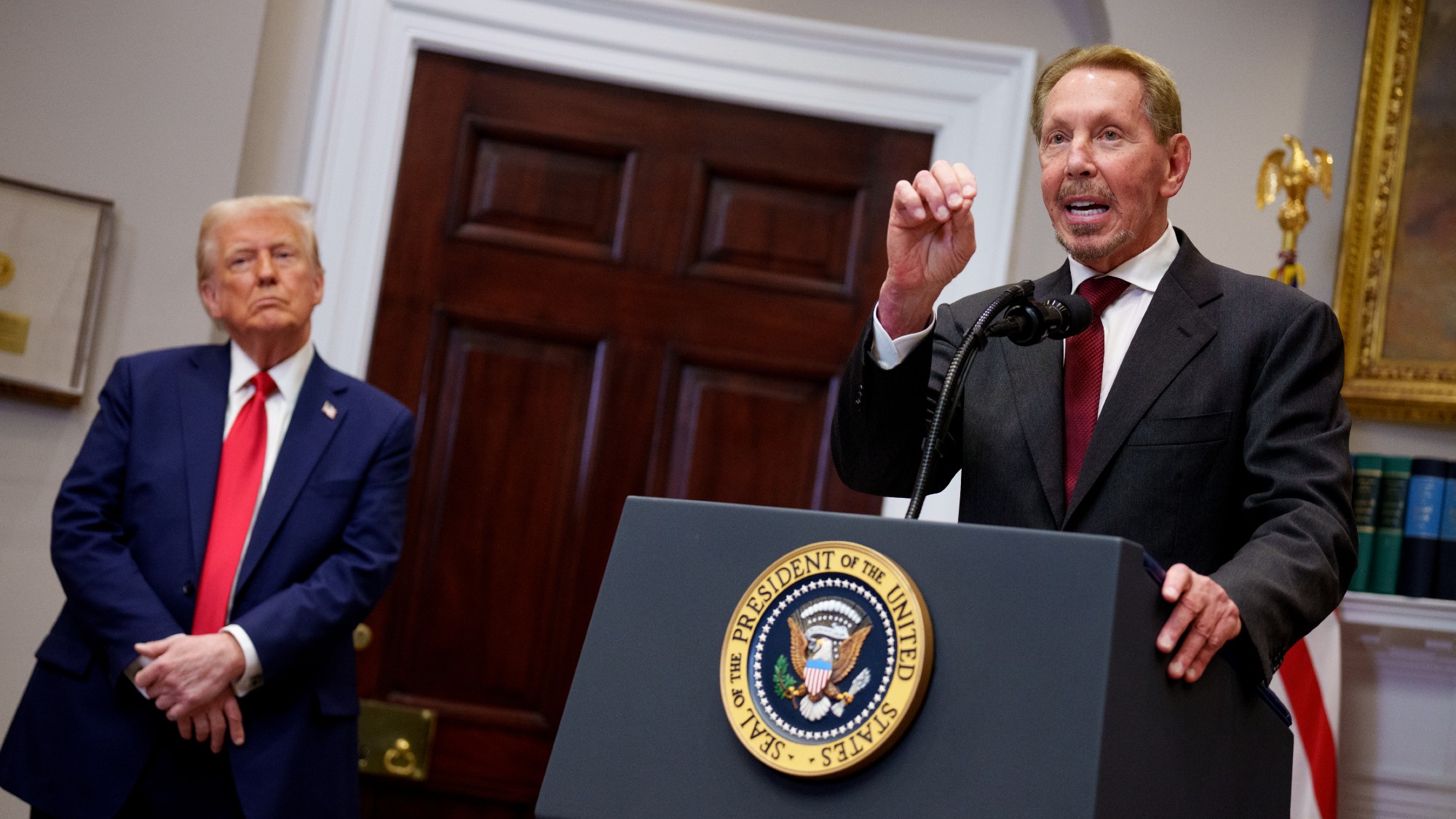 Larry Ellison: the billionaire’s burgeoning media empire
Larry Ellison: the billionaire’s burgeoning media empireIn the Spotlight Oracle founder’s takeover of traditional and new media companies labelled ‘dangerous for democracy’ by US press watchdog